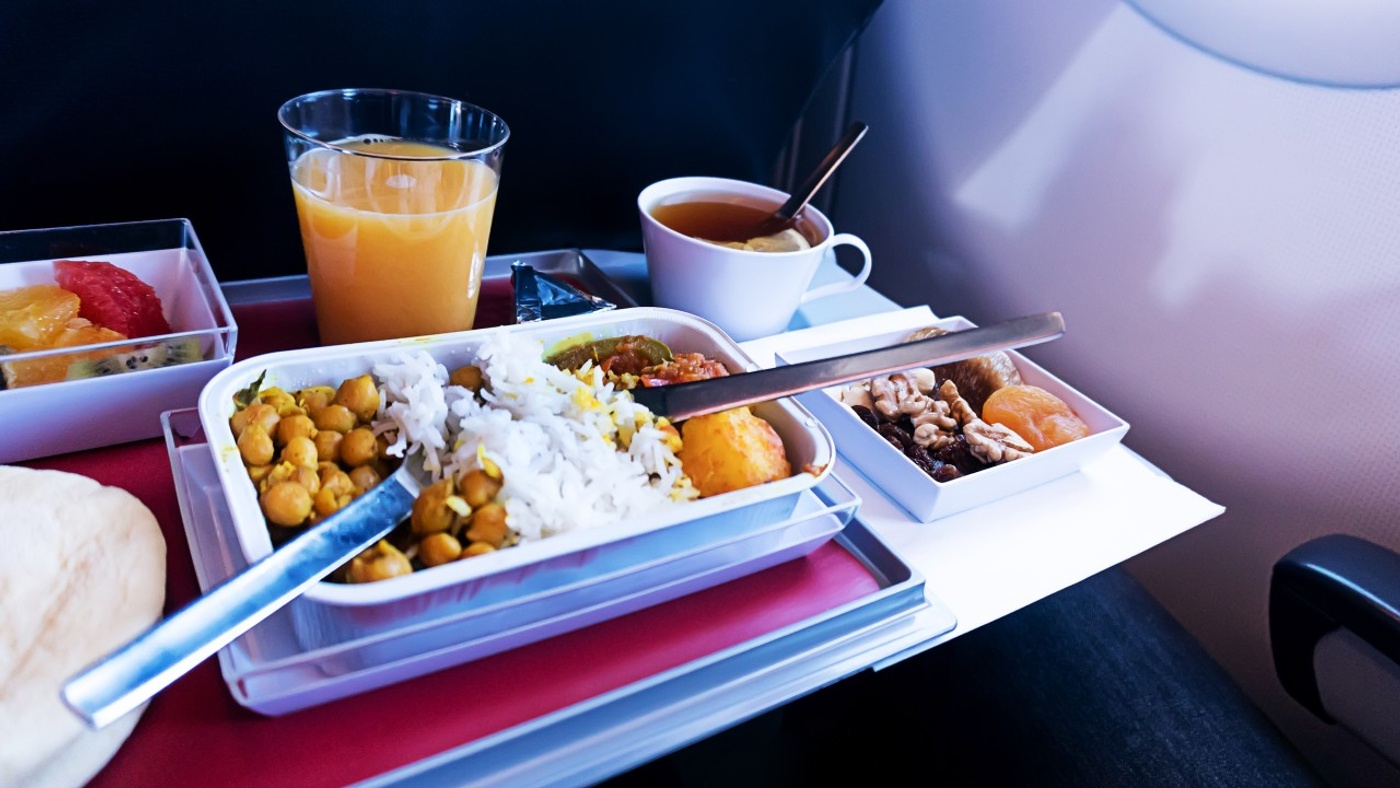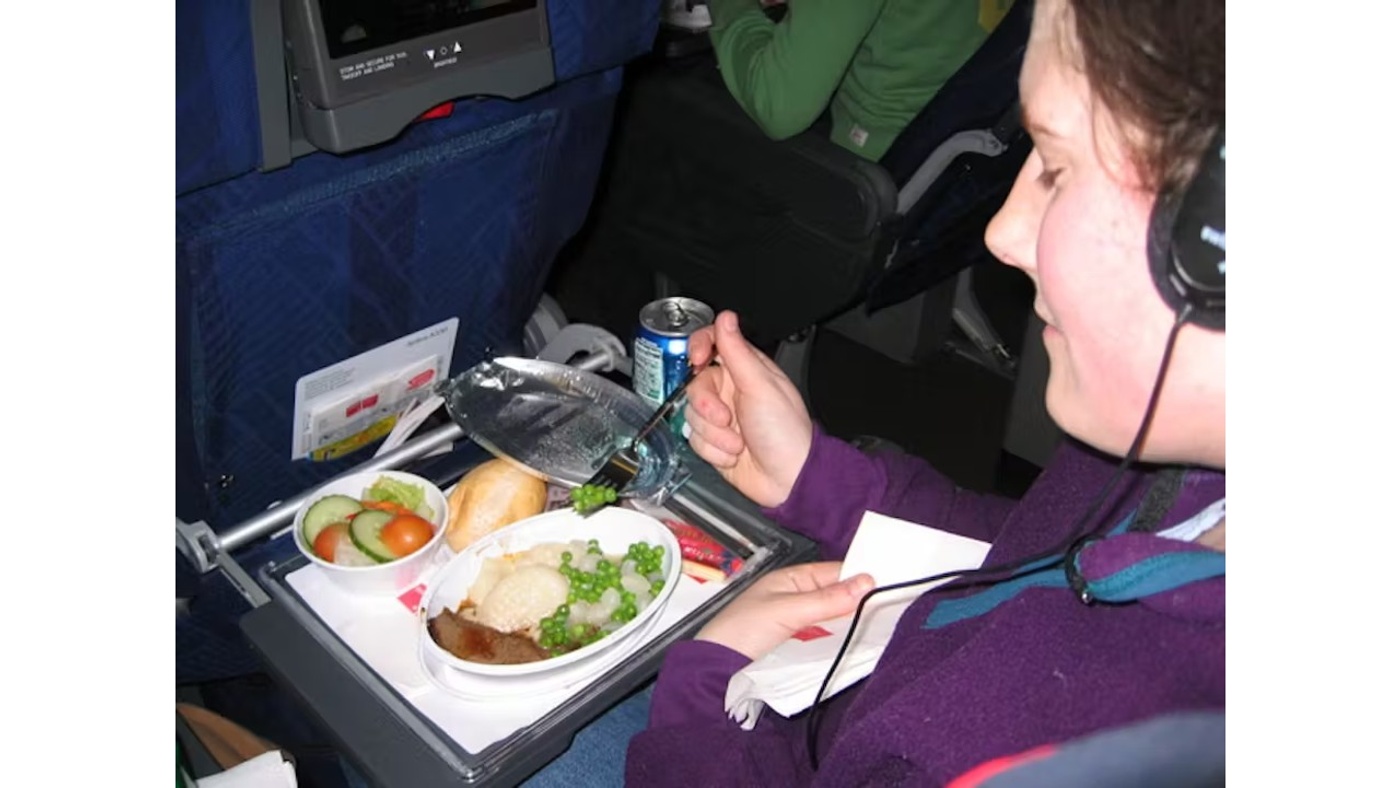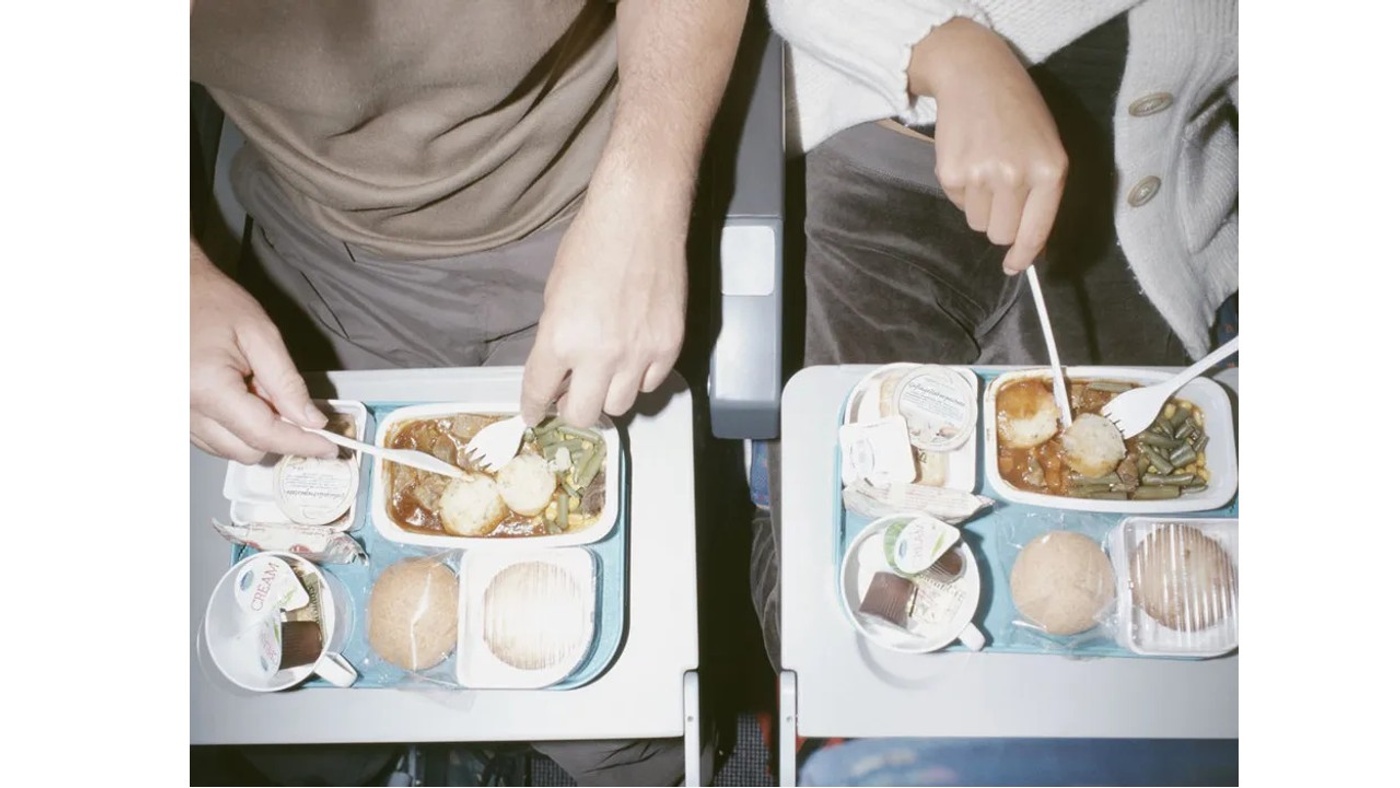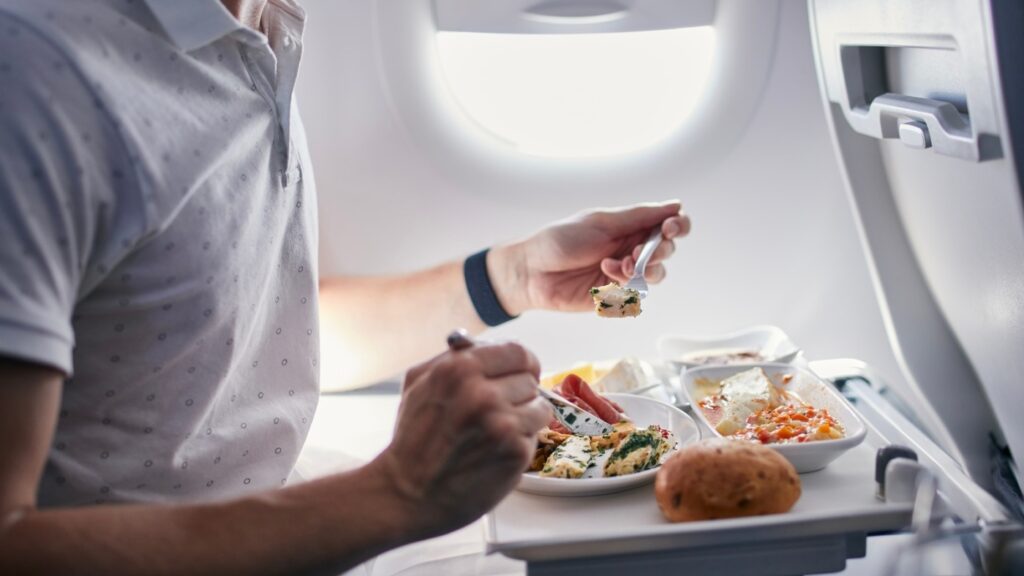The fact that food tastes different during air travel is an issue that attracts the attention of many passengers. There are several scientific explanations for this and it is not really the cook’s fault. First, the cabin pressure and humidity of the airplane significantly affect our sense of taste. As the aircraft ascends in altitude, cabin pressure drops and humidity decreases. For example, at an altitude of 9.14 km the humidity drops to less than 12%, which means a drier environment than desert conditions.
The Effect of Cabin Conditions on the Sense of Taste

This dryness reduces our sensitivity to sweet and salty foods by about 30%. However, sour, bitter and spicy flavors are not affected. Secondly, our sense of smell, which makes up a large part of our taste experience, is weakened by reduced mucus in dry and low humidity cabin conditions. Mucus is a moist layer that allows us to perceive odors, and its reduction limits our sense of smell.
The Effect of Noise on Taste Perception

The high noise level in airplane cabins can also affect our perception of taste. Made in research according to the study, people who eat in loud noise find food less salty or sweet and rate the texture of food as more ‘crunchy‘.
Airline Solutions

In light of this information, airlines are making special efforts to improve the taste of in-flight meals. Recipes are tested under low pressure and humidity conditions and extra salt or spices are added when necessary. In this way, our altered taste buds become a little more normalized in the elevated cabin conditions. As a result, the reason why the food you eat on an airplane tastes different is the natural effect of altitude and cabin conditions, which is beyond the control of the kitchen team.
Sources: Simple Flying, BBC


